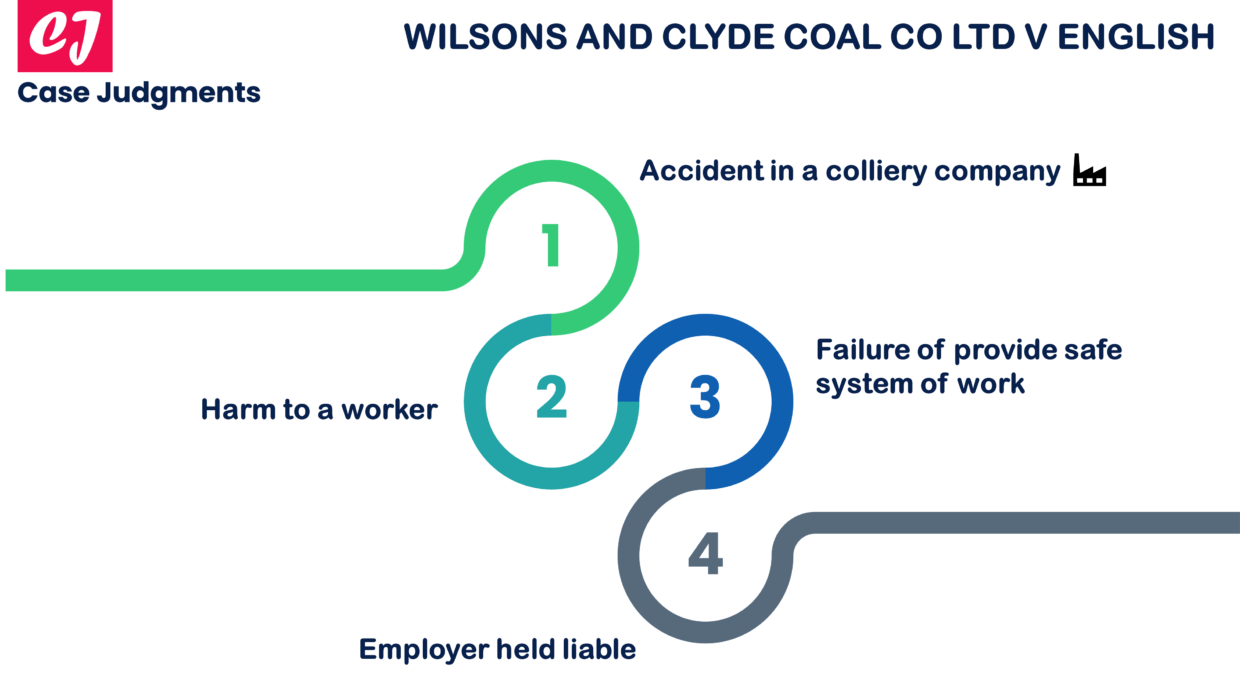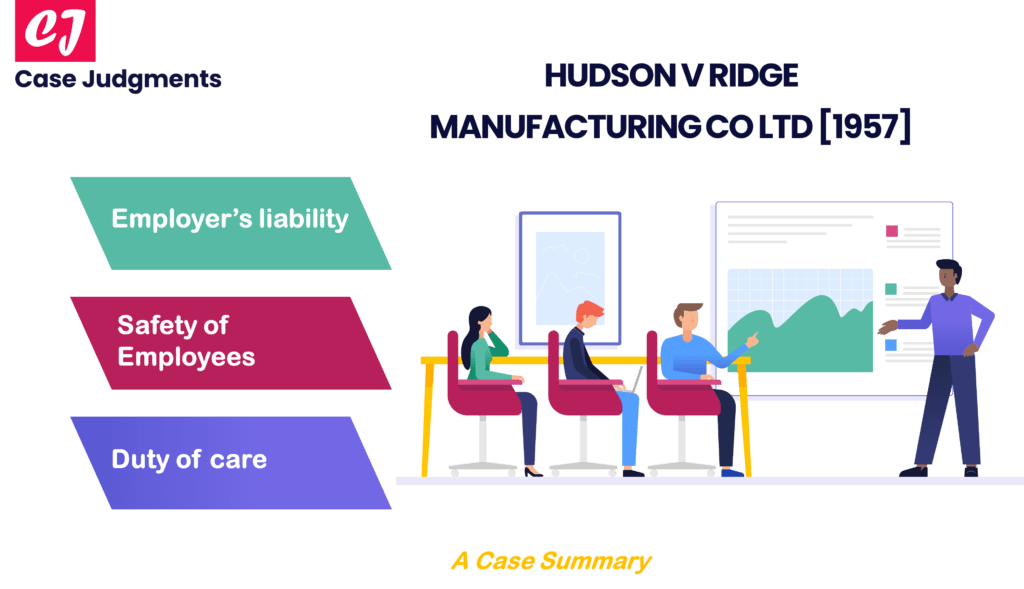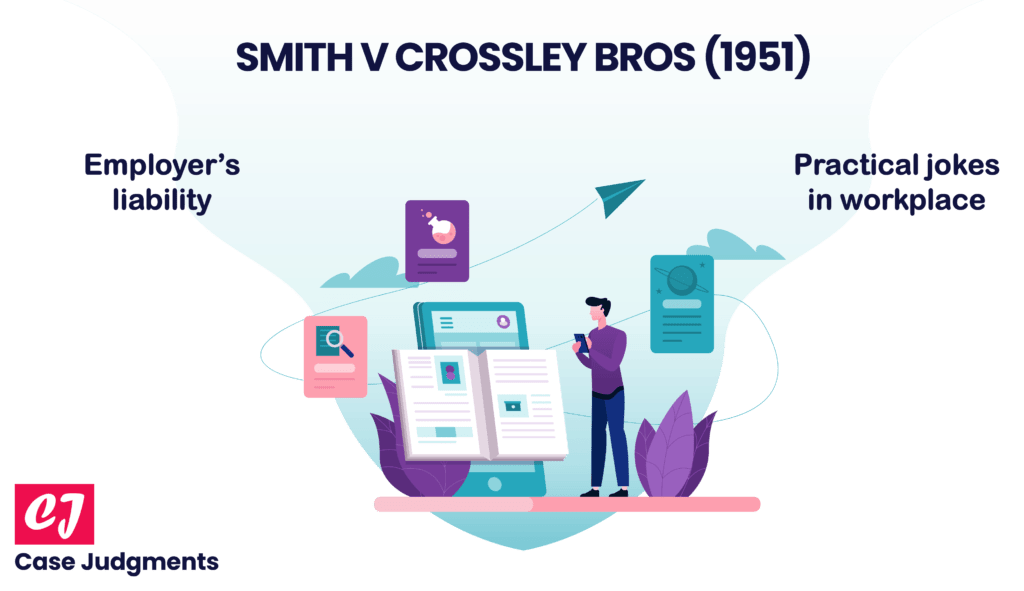
Wilsons and Clyde Coal v English [1938]
Case name & citation: Wilsons and Clyde Coal Co Ltd v English [1938] AC 57; [1937] UKHL 2
Court and jurisdiction: House of Lords, England and Wales
Decided on: 19 July 1937
The bench of judges: Lord Atkin, Lord Thankerton, Lord Macmillan, Lord Wright and Lord Maugham
Area of law: Employer’s liability
What is the case about?
Wilsons and Clyde Coal Co Ltd v English [1938] is a tort law case that concerns an employer’s duty of care to its employees and to provide a safe system of work.
Facts of the case (Wilsons and Clyde Coal Co Ltd v English)
In this case, a miner was about to leave the pit after having finished his shift when the haulage plant was suddenly and without warning put into operation. The accident resulted in his death.
A claim was filed against the employer company, Clyde Coal Co Ltd for negligence and failure to provide a safe system of work. The employers contended that the employee himself was negligent and that he could have taken an alternative route. Or else, he could have notified the worker who was in charge of the machine to ask that it be stopped.
Further, according to the facts, the defendants had entrusted one of their workmen at the site with the responsibility of organizing a safe working system, and they had taken all of the reasonable steps possible to guarantee that they had entrusted this duty to an experienced worker. Thus, they sought to escape liability.
Issue
Was the employer company liable for damages?
Is there a non-delegable duty on the part of employers to ensure the safety of their employees?
Judgment of the Court in Wilsons and Clyde Coal Co Ltd v English
The colliery company was found to be liable by the House of Lords on the basis that their system of work did not provide a level of safety that was considered to be reasonable. Employers have a duty to provide a reasonably safe system of work.
Here, the House of Lords indicated that the duty of care was threefold and it consisted of three duties, namely “to provide a competent staff of men, adequate material and equipment, and a proper & safe system and effective supervision”.
Lord Wright held that it was the “personal duty” of the employer to ensure that the system of work was safe and that the employer could not absolve themselves of liability by delegating the performance of this duty to someone else. Therefore, Clyde Coal Co Ltd could not entrust this duty completely to another employee of the mine. They were still liable themselves for the harm caused.
List of references:
- https://scholarship.law.duke.edu/cgi/viewcontent.cgi?article=2567&context=lcp
- https://www.cambridgesafety.co.uk/wp-content/uploads/2018/04/Know-How-Legal-Cases.pdf
- http://nuir.nkumbauniversity.ac.ug/xmlui/bitstream/handle/20.500.12383/1479/Essential%20Tort%20Law%2C%20Third%20Edition%20%28%20PDFDrive%20%29.pdf?sequence=1&isAllowed=y
- https://www.lawteacher.net/cases/wilsons-and-clyde-coal-v-english.php
You might also like:
More from tort law:
- Iqbal v London Transport Executive [1973]
- Rose v Plenty [1976]: A Case Summary
- A Summary of Smith v Stages [1989] Case
Hope you found this helpful!

